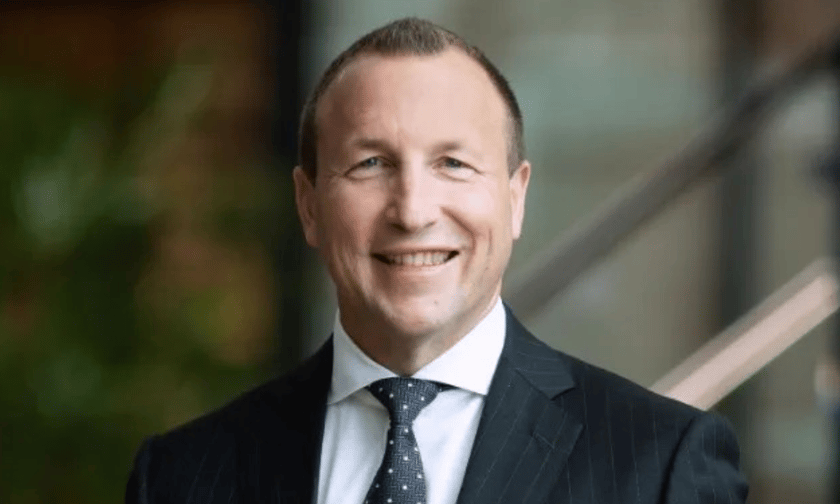

The QBE Foundation recently announced its 2024 local grants recipients. Among the charities and community groups selected from more than 200 applications, eight recipients are involved in climate resilience and inclusion. Each received a $40,000 grant.
The Foundation’s co-chair, Chris Esson (pictured above), said a key element of the program is having QBE’s employees choose four of the recipients.
“Our goal is to help create real, positive impacts and initiatives like our local grants program further deepen this connection, as they allow our employees to support causes they care about,” said Esson, who is also QBE’s chief financial officer for Australia and the Pacific.
He said these grants are a way of “showing our ambition to be a valued community partner that’s aiming to make a difference.”
Insurance Business suggested that insurance firms don’t have the best reputation in the community and asked if the Foundation’s efforts could help change hearts and minds?
Esson said the Foundation is working to support climate resilient and inclusive communities across Australia, New Zealand, and the Pacific where “where we believe we can make the greatest difference.”
He said the local grants program is just one part of that.
“We’re doing this not only through our strategic partnerships, such as with Australian Red Cross and Save the Children, but also at a grassroots level with our local grants program, which enables us to connect directly with communities on the ground,” said Esson.
For the grants program, the criteria include alignment with QBE’s sustainability strategy, potential for meaningful impact, and geographic reach.
“Through this process, the grants are directed towards initiatives that have the power to make a measurable difference in local communities,” he said.
Esson gave two examples: the Karrkad-Kanjdji Trust and the Carbon Neutral Charitable Fund. He said these groups showcase the innovation and empowering community impact the Foundation aims to support.
“The Karrkad-Kanjdji Trust combines Indigenous knowledge with modern conservation to protect endangered species within the Warddeken Indigenous Protected Area,” said Esson. “This project not only enhances biodiversity but aligns with our Reconciliation Action Plan by valuing Indigenous expertise in building climate resilience.”
The Trust was originally established by local elders in west Arnhem Land.
Together with its conservation efforts, it also helps promote and protect Aboriginal culture. For example, it partners with the Bininj Kunwok Regional Language and Culture Centre. This Aboriginal-led team of language and cultural heritage professionals responds to requests for assistance from local organisations wanting help with language and culture projects in central and west Arnhem Land.
He said another grant winner, the Carbon Neutral Charitable Fund – also known as Carbon Positive Australia – has a Miyawaki Tiny Forest Training Academy that applies a unique approach to urban greening to combat rising heat in cities.
The Tiny Forests concept was developed by engineer turned eco-entrepreneur, Shubhendu Sharma. The idea is to create densely packed bushlands in cities on areas as small a few metres square.
“With support from Murdoch University, this program equips local governments, schools, and community groups with skills to create dense, small-scale urban forests, building climate resilience on a community level,” said Esson.
Within a few years her Miyawaki projects have created ‘pocket forests’ in 15 primary schools and community gardens across the city and Western Australia.
After receiving the grant, recipients are required to demonstrate how the funds are used to achieve their project goals.
“Each successful applicant will submit an acquittal report within 12 months, detailing the impact of the grant,” he said. “QBE may also request a six-month progress update.”
Esson said this also helps QBE to understand the impact of the grants and potentially share any insights. For example, through reporting under governance regulations like Business for Societal Impact (B4SI) global standards.
Applications for the 2025 local grants open early next year. For program details and eligibility criteria, visit the QBE Foundation webpage.
Are you an insurance industry stakeholder? What community projects do you support and why? Please tell us below.
